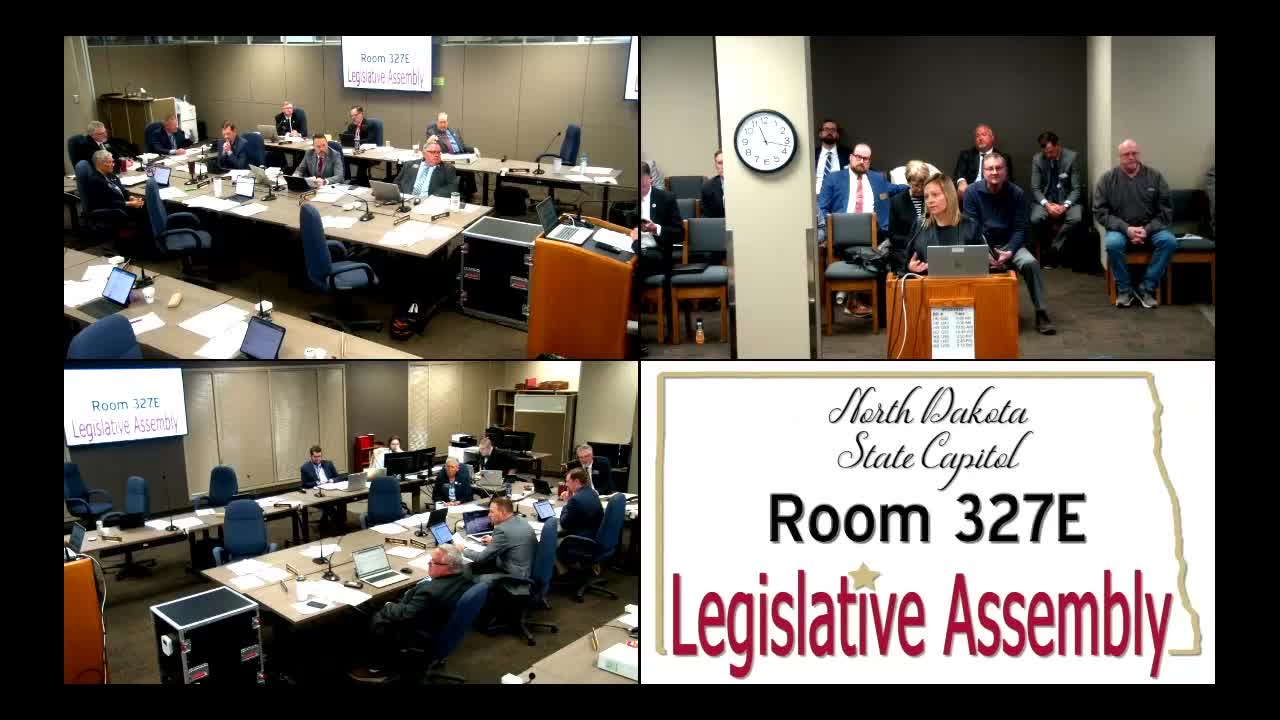Bill would ban insurer 'preferred' repair networks; insurers say networks help consumers
Get AI-powered insights, summaries, and transcripts
Subscribe
Summary
Representative Ben Koppelman sponsored HB1359 to restrict insurer steering to preferred auto body shops. Small repair shop owners urged passage to protect customer choice and local shops' economics; insurers and trade groups warned the change would reduce convenience, slow repairs and potentially raise costs.
Representative Ben Koppelman told the House Transportation Committee he introduced House Bill 1359 because some insurers steer drivers to a network of "preferred" repair shops, a practice he and several small shop owners said has squeezed independent shops and reduced consumer choice.
"The idea is that they don't try to suggest your influence where you take your vehicle to," Representative Ben Koppelman said in his opening remarks, arguing that insurance influence can reduce local competition and push work to a smaller set of shops.
Small shop owners and technicians testified in support of the bill, saying insurers' preferred or direct repair programs (DRPs) make it difficult for independent shops to compete and that insurer practices have suppressed prevailing labor and materials rates. Rick Poppe, owner of West Fargo Auto Body and Glass, told the committee, "Working with insurance companies is by far the most complex and frustrating of these challenges we face," and described difficulties getting payment for paint and materials and having some claims processed only after a carrier's preferred shop produced an estimate.
Proponents also described long‑term workforce effects in the body repair industry, saying young workers are choosing other trades because body shops cannot make competitive margins under insurer pressure.
Industry groups and insurers opposed the bill. Brooke Kelly of the American Property Casualty Insurance Association (APCIA) told the committee that direct repair programs "simplify the repair process" for consumers and provide quality‑assurance benefits. APCIA and other witnesses said consumers retain choice under existing rules and that DRPs speed repairs, coordinate logistics such as rental cars, and can reduce time without transportation.
Local mutual and regional carriers said they use a variety of shop relationships and that many insurers do not use exclusive networks. Rob Hovland of Center Mutual Insurance said North Dakota body labor rates are higher than national averages and urged careful study before changing the law. "If you pass this bill in any form you do and we will adjust. The premiums will be reflected accordingly," he told members, cautioning that forcing insurers to accept every shop's specified labor rate could increase costs.
NODAC Insurance said its direct repair network exists to improve customer experience and to ensure shops have the equipment needed to repair modern vehicles with ADAS sensors and calibrations. "Our direct repair shop system covers about 40 to 45, auto body shops in the state of North Dakota," Chris Owen of NODAC told the committee.
The committee heard competing views about consumer choice, prevailing labor rates, and whether DRPs amount to unlawful steering. Some shop owners asked the committee to prevent insurers from strong‑arming customers toward preferred shops; insurers countered that most customers choose a DRP for convenience and that statutes and insurance department guidance already protect consumer choice.
The committee closed the hearing and indicated it would evaluate whether statutory clarification or consumer‑education measures are preferable to an outright ban on preferred repair networks.
